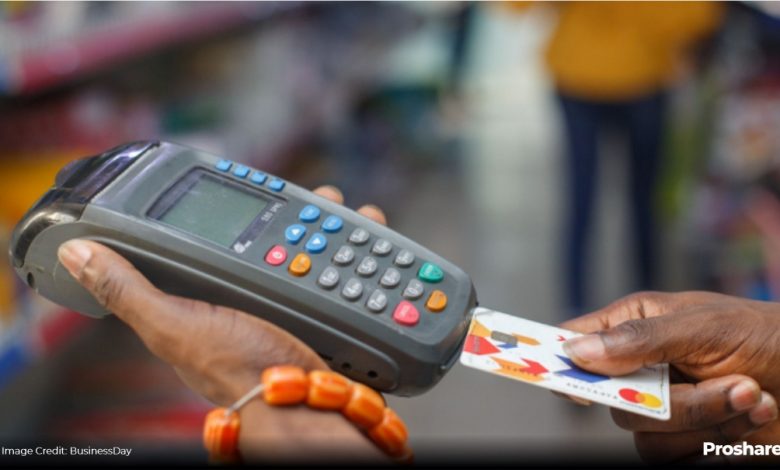Nigeria’s Retail Banks Can Fend off Fintechs With Regulation And Infrastructure Development

In a report released in January 2024, S&P Global Ratings said that financial technology (fintech) will close the gap of financial exclusion and literacy in the next five years in Nigeria, where roughly 50% of the population is formally banked and the financial exclusion rate (measuring those without a bank account) is nearly 40%. The country’s citizens are among early adopters of cryptocurrency as their preferred payment and savings vehicles.
The strategic shift to digital banking accelerated Nigerian banks’ scale and supported profitability through volatile economic cycles. Commercial banks, while being kept out of cryptocurrency transactions, have made steadfast progress in deepening their reach and offering new products and services to foster financial inclusion.
“With 70% of the population younger than 30, Nigeria’s demographics, entrepreneurial spirit, and nascent digital ecosystem are great catalysts for growth if the population can benefit from access to improved technology infrastructure,” said S&P Global Ratings credit analyst Samira Mensah in the report, entitled, “Tech Disruption In Retail Banking: Regulation And Infrastructure Development Can Help Nigeria’s Retail Banks Fend Off Fintechs.”
While mobile penetration is high, at close to 100% in 2023, only half the population has broadband access and about a third a smartphone. Furthermore, the number of mobile money accounts is still lower than in countries such as Ghana and Kenya.




